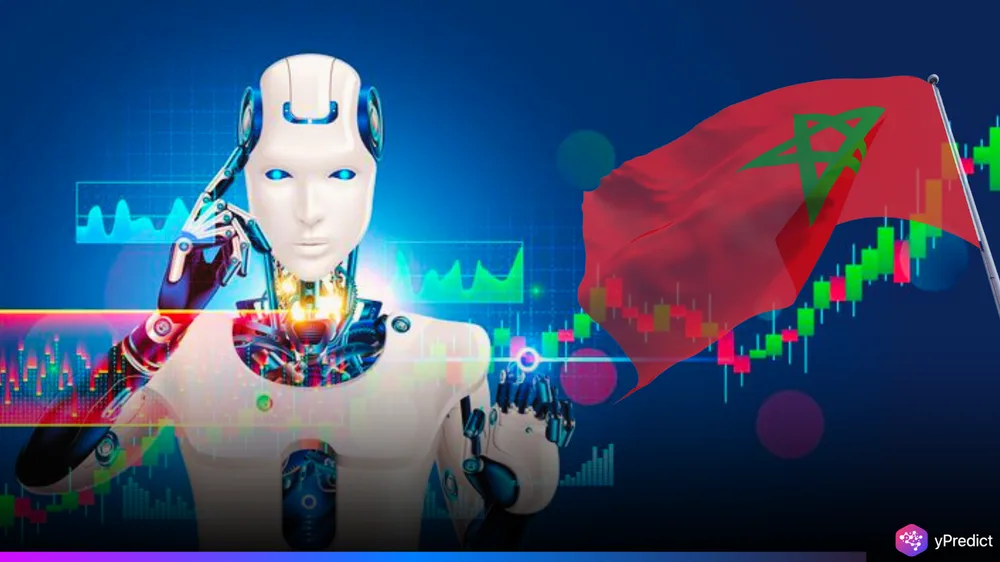
In a major development for advancing digital services, Morocco’s Customs and Indirect Tax Administration (ADII) has launched an AI-based risk management channel to enhance border controls and facilitate legal trade flows. Introduced in cooperation with the World Customs Organization (WCO) and Switzerland’s State Secretariat for Economic Affairs (SECO), the project is a key component of Morocco’s customs modernization strategy by 2028.
AI to Strengthen Customs Risk Analysis
The program will incorporate artificial intelligence, machine learning, and big data analytics to automate and optimize the targeting and detection of high-risk shipments. The ADII aims to move towards predictive customs controls by greatly reducing manual interventions, reducing the time it takes to clear goods, and improving compliance with border requirements.
ADII officials have stated this transition to digital systems is necessary to take into consideration national security interests versus trade facilitation as global supply chains become more complex.
WCO and SECO
The project is being rolled out with expert guidance from the WCO, a global body supporting innovation in customs operations, and SECO, which supports trade and economic reforms in developing economies.
From May 19 to 23, 2025, a WCO-accredited expert mission visited ADII’s headquarters to conduct a comprehensive evaluation of existing systems and outline a roadmap for implementation. The action plan focuses on:
- Upgrading Morocco’s automated risk management systems
- Integrating AI models into customs data workflows
- Training customs officers in digital technologies
- Setting up pilot testing zones for real-time AI deployment
Swiss Ambassador Valentin Zellweger, WCO executives, and Moroccan officials were present at the official announcement, highlighting the initiative’s international support and strategic importance.
The Future of AI in Customs
As international trade grows, customs authorities across the globe are looking at artificial intelligence-powered solutions to cope with the complexity and volume of local imports and exports. Morocco’s pioneering initiative is in line with the trend and shows how developing countries can embrace data-driven technology for the modernization and development of public services while adopting international best practices.
Morocco’s AI customs project will become a model for intelligent border management in Africa, with ongoing support from the WCO and SECO.
Conclusion
Morocco is embarking on the era of intelligent trade governance by launching an AI-driven customs risk management system. The initiative illustrates Morocco’s commitment to innovation, working together internationally, and economic efficiency, which are the vital components of a digitally empowered customs infrastructure by 2028.






